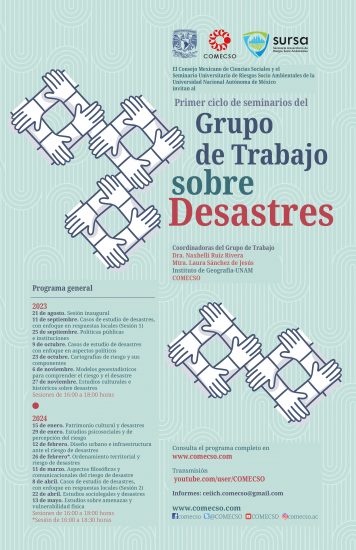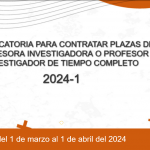Students, their protests, and their organizations
«Students, their protests, and their organizations: using recent theories to explore old and new dilemmas»
Call for paper, PACO 12(1): 2019
Guest Editors:
Liviu Andreescu, University of Bucharest, liviu.andreescu@faa.unibuc.ro
Viorel Proteasa, West University of Timisoara, viorel.proteasa@e-uvt.ro
Most of the existing literature on students’ collective action stems from one of two partly distinct scholarly traditions. Although students were historically a politically active group, social movement researchers started to pay attention to them especially after the revolts that shook Western societies in the late sixties and seventies. These scholars have been particularly interested in contentious episodes that pitted students against the ‘powers that be’ – whether their own universities (for example, the divestment movement in the US), their ‘neoliberal’ governments (e.g., protests against recent higher education policies across Europe) or their authoritarian ones (such as the 1980s struggles in South Korea). This strand of research has been particularly interested in, among others, how networks of activist students are built across campuses and nations, and the ways in which discourses and tactics are diffused across these networks.
As students became an established part of academic governance in more recent times (especially in Europe), or at least began to organize more formally and stably, their collective behavior started to be approached increasingly from an organizational perspective. The scholarly focus shifted towards subjects such as the structure of representative student organizations (particularly under circumstances of frequent change in membership and leadership), processes of professionalization, the growth of national unions, and the latter’s transactions with governments and political parties. Less formalized student groups and their behaviors were comparatively neglected by this approach, which has tended to emphasize broader structural variables, such as the diffusion of specific organizational blueprints and the granting of national representation monopolies.
Coming from these two distinct perspectives, the literature on the ways in which students come together and act has been rich in empirical findings, but not necessarily consistent in terms its foci (roughly speaking, movements versus particular types of organizations) – or, for that matter, in terms of causal explanations and predictions. For example, students’ collective action is sometimes portrayed as caught inescapably in a process of organizational professionalization, at the expense of the militant, movement ethos. And yet there is ample evidence of student participation in a variety of mass actions or protests, such as the ‘occupy’ movement in Western Europe, or the opposition to recent illiberal trends in Central and Eastern European democracies. Furthermore, while professionalization has been explained in terms of the improvement of the position of student unions relative to national decision-makers and stakeholders, the standing of local organizations in relation to their universities has apparently deteriorated in some of the same countries. (Indeed, evidence on both counts has been provided by a variety of European Students’ Union reports on the pan-European ‘Bologna Process’).
In this special issue, we aim to explore some of the occasionally contradictory facets of students’ collective behavior. We invite original contributions, whether empirical and/or with a stronger theoretical inclination, on:
- The tendency towards the professionalization of student organizations – and the recent involvement of students in society-wide protest;
- The historically entrenched forms of student organization (actors, organizational forms or ‘archetypes’, institutional logics, action repertoires) – and new forms of mobilization, especially the uses of social-media;
- The interaction between the different levels of students’ collective action: local-level groups, city-wide networks, national-level organizations, continental platforms or cross-national networks of activists – as well as their relations to well-established, influential ‘external’ actors (e.g., political parties);
- The conflicting definitions of students’ organizations in policy documents in the field of higher education – and the diversity of grassroots-level structures.
We invite contributors to take stock of the relatively recent theoretical attempts to bridge the gap between organizational research and social movement scholarship, a divide which is responsible for some of the contradictory perspectives mentioned above. Contributions may consider shedding light on the organization of mass protests; and/or complementing studies of structure, specific to organizational studies, with accounts of how new institutional arrangements emerge, as traditionally pursued in social movements research. We also encourage comparative approaches covering several countries, as well as analyses of the transnational diffusion of movements, institutions and discourses.
Contributions on the topics above and on other kindred issues will be given due consideration, provided they are grounded on explicit theoretical perspectives and employ sound methodology.
Timeline:
- Submission of long abstracts (about 1,000 words): 30th May 2018
- Selection of long abstracts: 15th June 2018
- Submission of articles: 15th September 2018
- Provision of peer review feedback: 15th November 2018
- Submission of revised papers: 30th December 2018
- Publication of the issue: 15th March 2019
Articles should be no longer than 10,000 words, including notes and references. A maximum of 10 articles will be published.
Please refer to the editorial guidelines available at http://siba-ese.unisalento.it/index.php/paco/about/submissions#onlineSubmissions
Please address any queries to the Editors – Proposals and papers have to be sent to the guest editor:
Liviu Andreescu, University of Bucharest, liviu.andreescu@faa.unibuc.ro
Viorel Proteasa, West University of Timisoara, viorel.proteasa@e-uvt.ro
Te puede interesar
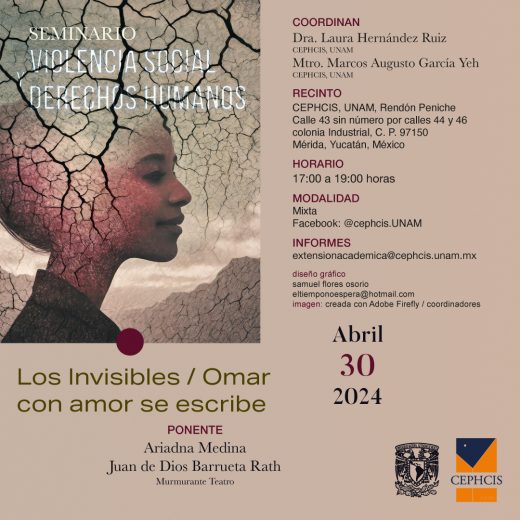
Los invisibles / Omar con amor se escribe
Laura Gutiérrez - Abr 24, 2024Centro Peninsular en Humanidades y Ciencias Sociales, Seminario Violencia Social y Derechos Humanos Los invisibles / Omar con amor se…
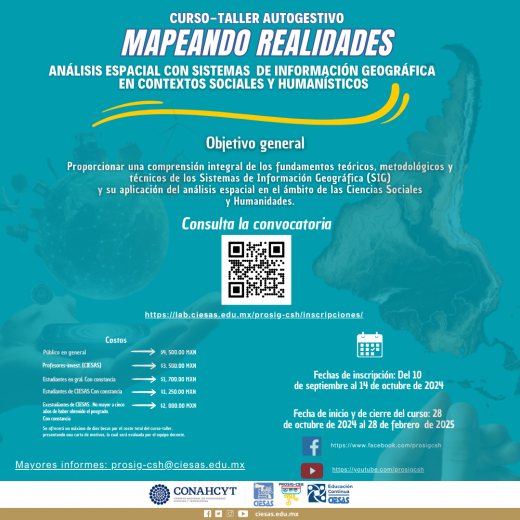
Curso-taller autogestivo: Mapeando realidades
Laura Gutiérrez - Abr 24, 2024Curso-taller autogestivo: Mapeando realidades. Análisis espacial con sistemas de información geográfica en contextos sociales y humanísticos El programa especial de…
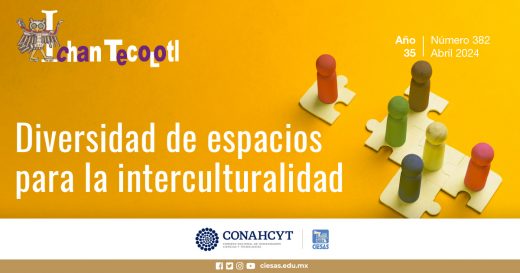
Ichan Tecolotl, núm. 382
Laura Gutiérrez - Abr 24, 2024Ichan Tecolotl Año 35, Número 382 (abril 2024) Diversidad de espacios para la interculturalidad Ver número completo>> Presentación Alejandro Martínez…




